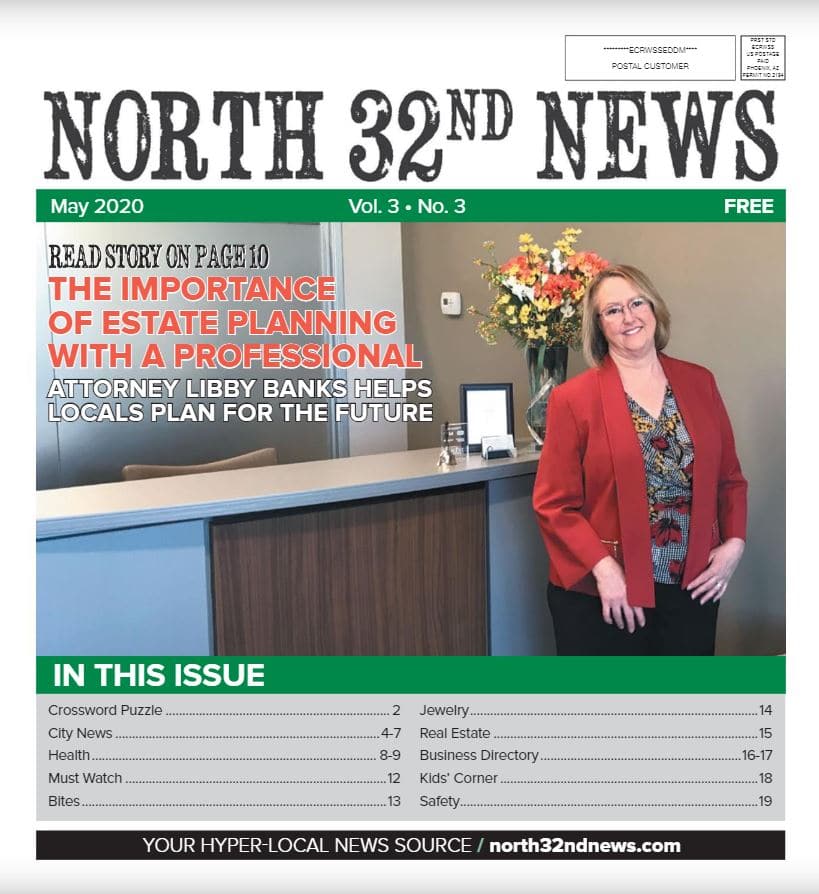How the Revocable Trust Works for You
The Revocable Living Trust is valuable for many estate planning needs, but one of the most obvious is the avoidance of all the time and expense of probate. I like to think of your Trust as your treasure chest. Your assets, the things you worked and saved hard to have – go into your Trust – into your treasure chest. While you are alive and able, you are taking care of the treasure chest as the trustee. If you can’t take care of your treasure chest anymore, either because of your death or because you are incapacitated, you have named a...
Continue reading










